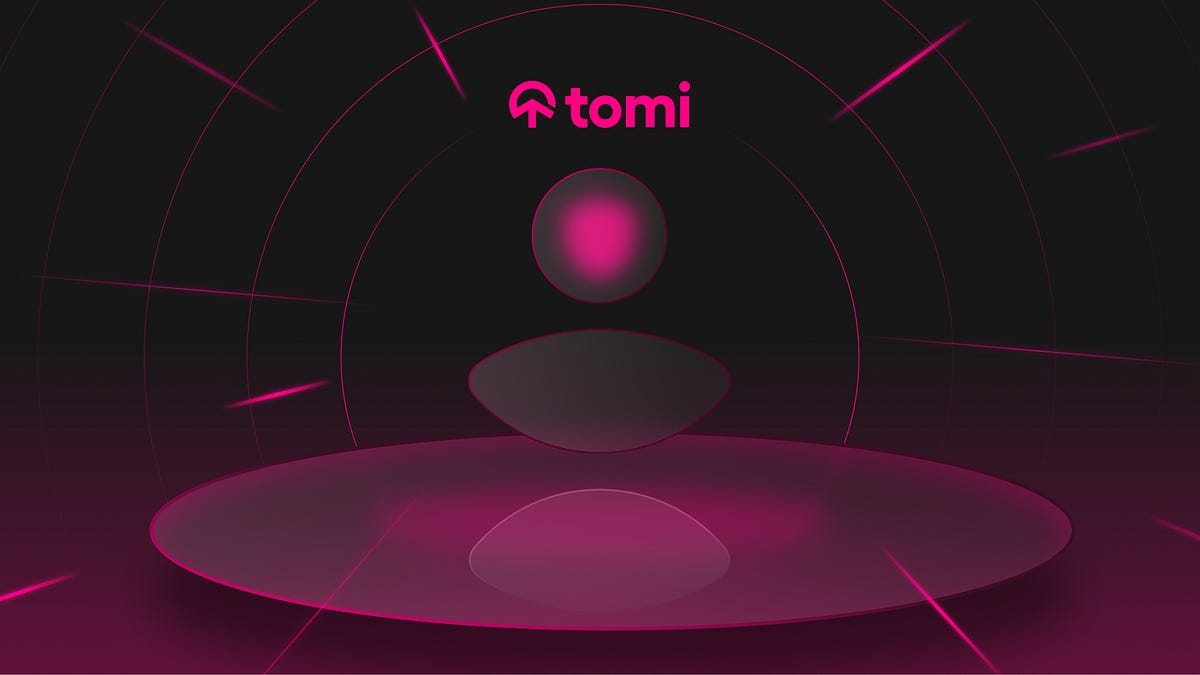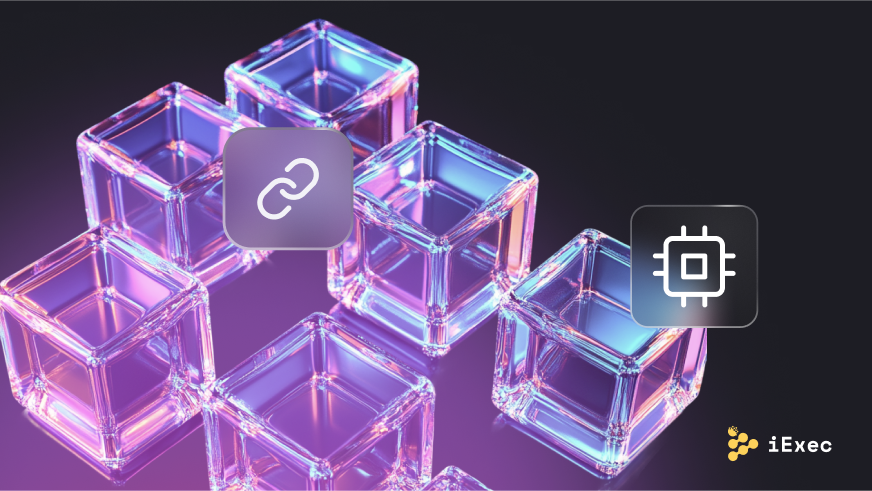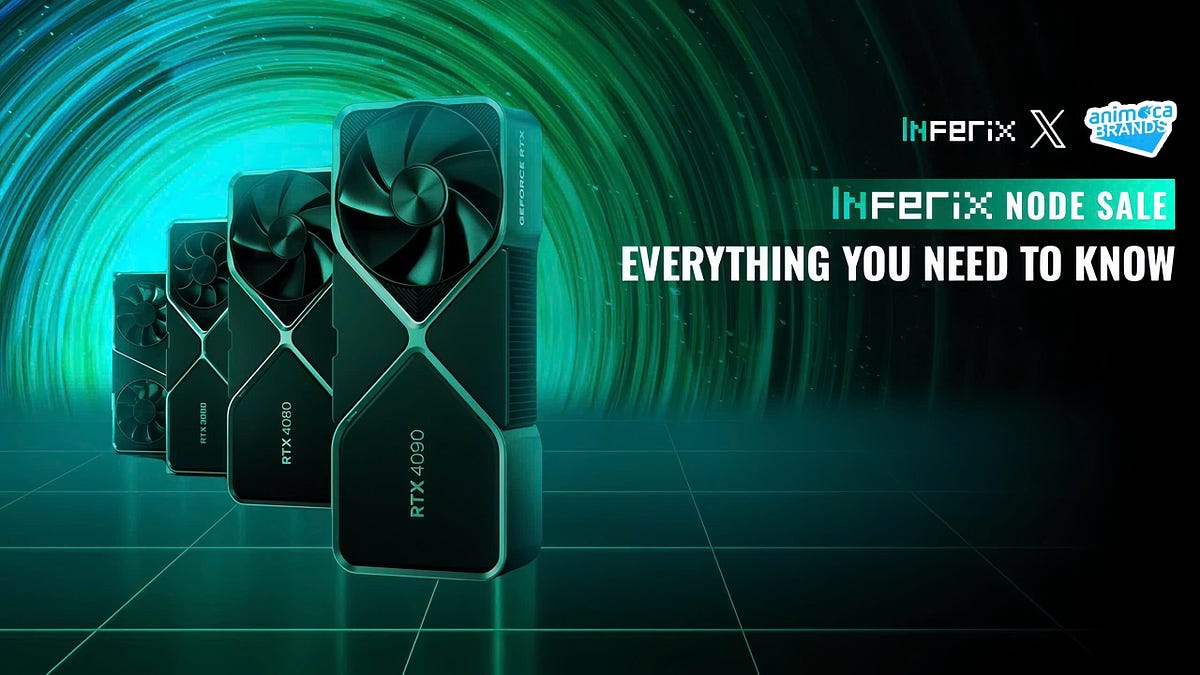Decentralized Identity: Paving the Way for Web3 Adoption

The evolution from Web2 to Web3 represents a significant shift in how personal data and digital identities are managed. In the traditional Web2 framework, centralized organizations maintain control over user data, often leading to concerns about privacy and data ownership. With over 5.17 billion active social media accounts, the amount of information controlled by these entities is staggering. Web3 aims to disrupt this model by introducing decentralized identity (DID) systems, allowing individuals to regain control over their personal data and online identities. This decentralized approach ensures that users are the sole owners of their credentials, enabling them to verify their digital identities without relying on centralized authorities.
DID systems offer numerous advantages that can facilitate the adoption of Web3 technologies. Firstly, they empower users by granting them full control over their personal data, thereby eliminating the risk of unauthorized data sales by third-party companies. Additionally, DID simplifies the onboarding process for new users by allowing them to access various decentralized applications (dApps) using a single identity. This streamlined experience reduces barriers to entry and enhances user engagement with Web3 platforms. Moreover, the security features inherent in decentralized technologies provide robust protection against malicious attacks, ensuring that users’ private identities remain secure.
As the demand for privacy and data ownership grows, the practical applications of DID become increasingly relevant. For instance, integrating DID into existing Web2 platforms can provide users with password-free logins and facilitate decentralized Know Your Customer (KYC) processes. However, challenges remain, including the need for scalable systems that are user-friendly for individuals unfamiliar with blockchain technology. By addressing these challenges and promoting the use of DID, the Web3 ecosystem can accelerate its adoption, ultimately leading to a digital landscape where users have greater control over their identities and personal data.
Related News





